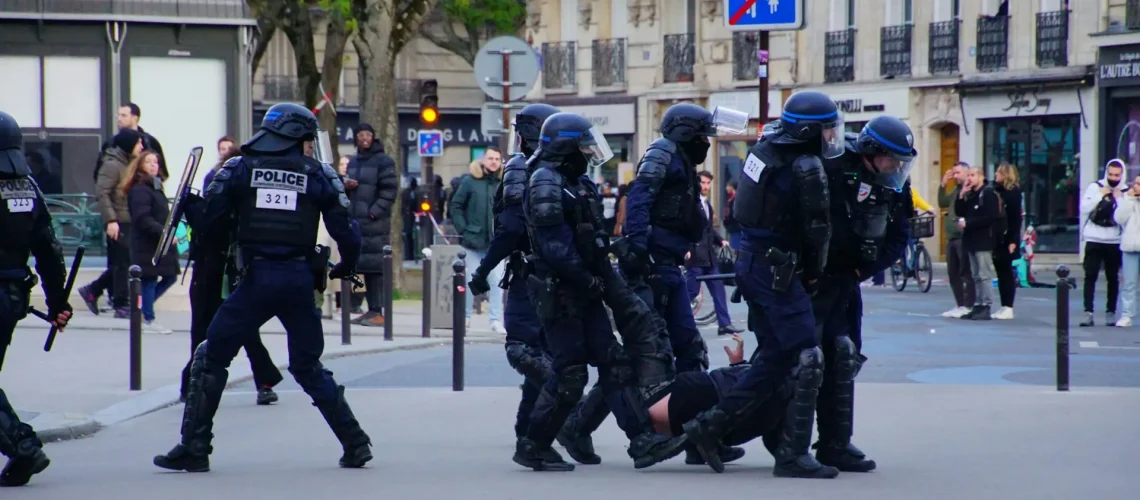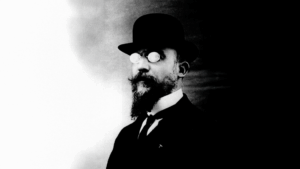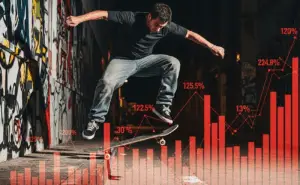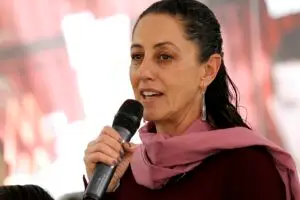Freedom. It’s the cornerstone of democracy, the bedrock of progress, and the pulse of any truly inclusive society. Yet, today, freedom is being hijacked, twisted, and repackaged under the banners of populism, nationalism, and fear. The rise of right-wing leaders and movements worldwide—Trump in the United States, Orbán in Hungary, and Meloni in Italy—forces us to confront uncomfortable truths about our societies and the choices we face.
As someone who believes in the intrinsic value of freedom—freedom of speech, freedom to love, freedom to be—it’s disheartening to watch these freedoms erode under the guise of “preserving traditions” or “protecting national identity.” It’s time to reclaim the narrative, to clarify what it means to be liberal, libertarian, and open-minded in today’s fragmented world.
Across the globe, right-wing populism has surged like a tidal wave, challenging the liberal democratic order that many of us grew up believing was unshakable. Viktor Orbán’s Hungary champions a model of “illiberal democracy,” rejecting pluralism in favor of a centralized, nationalist agenda. Giorgia Meloni in Italy has rekindled nationalist rhetoric, while Trump’s return to power in the U.S. marks a renewed chapter of division and fearmongering. These leaders exploit legitimate fears—economic instability, cultural shifts, and rapid globalization—but weaponize them against the vulnerable. Immigrants, minorities, and progressive thinkers become scapegoats, dividing societies rather than uniting them.
It’s crucial to draw clear lines between often-confused terms that shape political discourse today. Liberalism, in its traditional sense, focuses on economic freedom and minimal state intervention. It’s what you might associate with the German FDP, for instance. Yet, this ideology often overlooks social cohesion and collective responsibility. Libertarianism, on the other hand, has shifted over the years. What once championed individual liberty has been co-opted by right-wing populists to reject collective action, dismiss diversity, and fight government oversight. For me, the heart lies in a truly liberal worldview—one that values freedom not as a weapon but as a bridge. It’s about fostering inclusivity, respecting diversity, and valuing individual freedoms while recognizing our shared humanity.
Rules and freedoms aren’t contradictions. They coexist to help us live together, to protect the vulnerable, and to ensure fairness in an ever-changing world. This is where populists twist the narrative. They argue that freedom means rejecting vaccines, denying climate change, or blaming refugees for systemic failures. True freedom lies in the ability to coexist without infringing on others’ rights, a concept populists conveniently ignore.
Populism thrives on fear. It pits neighbor against neighbor, citizen against immigrant, and “real” patriots against imagined threats. Trump’s “America First,” Orbán’s “Christian Hungary,” and Meloni’s defense of Italy’s traditions are all variations of the same tune: division as a means to consolidate power. It’s a strategy that works because it taps into primal fears—fear of change, of the unknown, of losing cultural identity. Yet, history has shown us repeatedly that societies flourish when they open their minds and hearts, not when they build walls.
The path forward isn’t about adding fuel to the fire of division. It’s about unity—unity among those who value freedom, respect, and progress. This isn’t some utopian dream. It’s about standing firm against the tide of fear, embracing dialogue with those who disagree, and finding common ground to rebuild trust in one another.
Being liberal isn’t about being soft or indecisive. It’s about standing tall and saying: “We’re better together.” It’s about recognizing that progress is never a straight line, but a collective journey. The world doesn’t need more walls or divisions. It needs bridges—bridges of understanding, compassion, and cooperation.
Freedom isn’t a battleground; it’s a beacon. It’s up to us to ensure it doesn’t dim under the weight of fear or ignorance. Let’s reclaim the narrative, reshape what it means to be free, and remind the world that true freedom is never about exclusion. It’s about embracing the boundless possibilities of inclusion. Together, we can do better. Together, we must.
Photo by Martti Salmi on Unsplash
Easy Peasy Version
Why Freedom and Respect Matter in a Democracy
In today’s world, the way we live together is being challenged more and more. Politics, which is supposed to help us solve problems, often creates new divisions instead. We see governments rising to power that focus on exclusion and fear instead of inclusion and understanding. This is happening in many countries, from Hungary to Argentina, from Italy to the United States. But what does this mean for us? And what can we do about it?
What Does It Mean to Be Free?
Being free doesn’t just mean you can do whatever you want. It means you can live your life as you choose—without being judged for who you are, where you’re from, or how you see the world. Whether someone loves someone of the same sex, comes from another country, or practices a different religion, these differences make life richer. They shouldn’t be used to divide us.
Freedom also comes with responsibility. It means respecting the rules we’ve all agreed upon so that everyone can live peacefully. Rules like driving on the correct side of the road, paying taxes, or treating others with kindness and respect make our lives together better. Without these, freedom turns into chaos.
Why Democracy Needs Us All
Democracy isn’t perfect, but it’s the best system we have. It gives everyone a voice. It allows us to choose leaders who represent us. But democracy only works if we take part in it. That means voting, staying informed, and speaking up when things go wrong.
In recent years, though, we’ve seen leaders come to power who don’t respect the ideas of freedom and equality. Some leaders focus on blaming others for problems instead of finding solutions. For example, they might say, “Immigrants are taking our jobs,” or “People who think differently are ruining our country.” These statements often aren’t true, but they make people afraid and divide communities.
What Does It Mean to Be Open-Minded?
Being open-minded means listening to others, even if you don’t agree with them. It means trying to understand different ways of thinking. This doesn’t mean you have to accept everything or agree with everyone, but it does mean treating others with respect. When we stop listening, we lose the chance to learn and grow together.
Examples from Real Life
Let’s look at Italy. The current government, led by Prime Minister Giorgia Meloni, comes from a conservative background. While her supporters see her as someone who defends traditional values, critics argue that her policies don’t include everyone. In the United States, Donald Trump’s return to power is another example. His leadership style often divides people instead of bringing them together. In both cases, the question remains: How do these leaders plan to create a better future for everyone, not just their supporters?
Why Should We Care?
We all have a role to play in shaping the future. If we stay silent when people are excluded or treated unfairly, we allow these problems to grow. By speaking up and working together, we can make our societies stronger and fairer.
Think of it like a team sport. If one player decides they don’t want to follow the rules, the whole game falls apart. But if everyone works together and respects the game, the experience becomes enjoyable for all. Democracy is like that game: it works best when everyone plays fairly.
What Can We Do?
Start by asking questions. Why do some leaders focus on fear and division? What are they trying to achieve? Then, take action. Vote for leaders who value inclusion and fairness. Talk to people who think differently and try to understand their perspectives. Small steps like these can make a big difference.
A Better Future Is Possible
It’s easy to feel powerless in the face of big challenges, but every voice matters. By staying informed, showing respect, and taking part in our communities, we can build a future that works for everyone. It starts with each of us deciding to care, to listen, and to act.
Freedom and respect aren’t just words. They are the foundations of a democracy where everyone has a place. Let’s make sure we’re building that kind of world, together.






